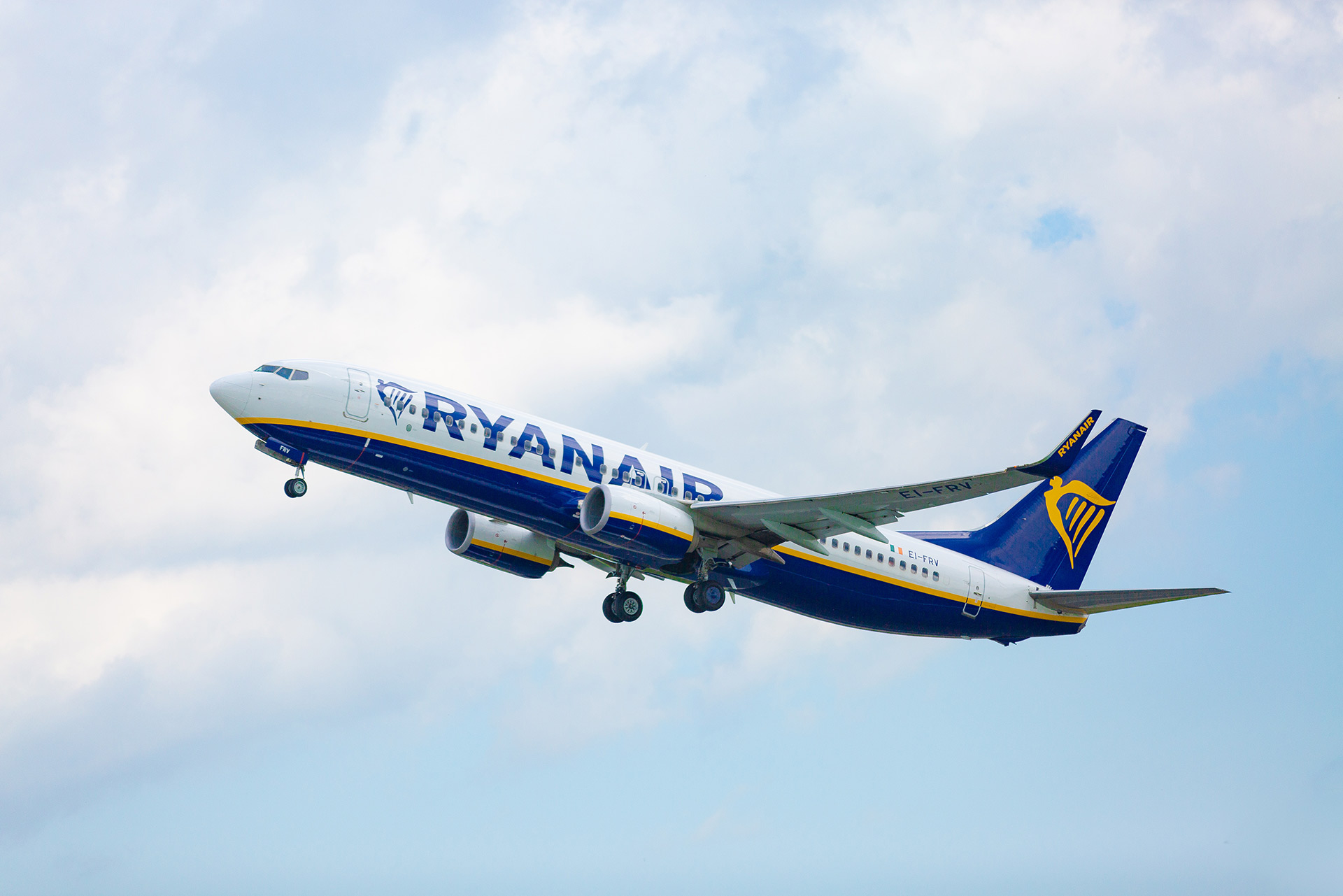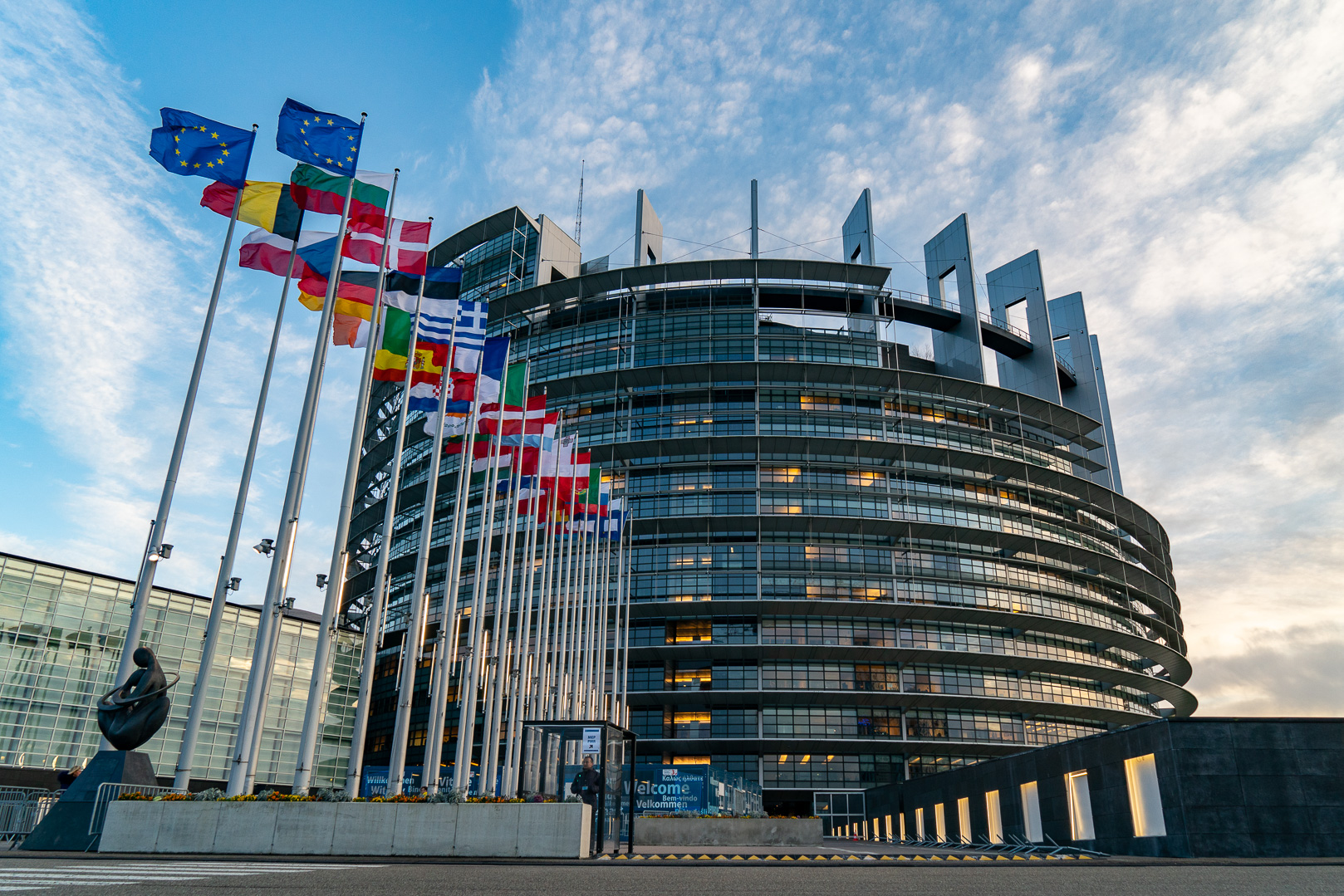Low-cost airline Ryanair reported a loss of €96 million for the last three months of 2021, but said it was hopeful its rivals’ cuts to capacity may help to increase prices in the crucial summer season.
The airline, Europe’s largest by passenger numbers, reiterated its forecast loss for its full financial year, which ends on 31st March, at between €250 million €450 million. However, the loss between October and December 2021 represents a significant improvement over the same period in 2020, when the airline lost €306 million.
Despite warning of a “hugely uncertain” financial outlook, Ryanair is gearing up to run more flights this summer than before the coronavirus pandemic struck.
Chief Executive Michael O’Leary said that while there had been a “very strong bounce back” in bookings in recent weeks as concerns about the Omicron variant began to fade, the outlook remained unpredictable.
“While recent bookings have improved, following easing of travel restrictions, the booking curve remains very late and close-in, so Q4 traffic requires significant price stimulation at lower prices,” Mr O’Leary said.
The airline reaffirmed its expectation that it would fly just under 100 million passengers this financial year. O’Leary last week said he expected to fly 165 million passengers in the 12 months to March 2023.
EasyJet and Wizz, two of Ryanair’s biggest rivals, have both said they expect strong demand for summer holidays, but Wizz said excess capacity in the coming months could weigh on profitability.
In the longer term, Ryanair is banking on a big increase in the number of flights, using its relative financial clout to win market share. It has taken delivery of 41 Boeing 737 Max aircraft following years of delays after design flaws caused two fatal crashes.
O’Leary has repeatedly described the aircraft as a “gamechanger” for the airline, offering lower costs and lower carbon emissions per flight. However, it acknowledged that the 50 per cent growth over the next five years would be accompanied by only a 16 per cent reduction in fuel use per new plane. It hopes to cut fuel use per passenger over the next decade but emissions reduction plans will heavily depend on synthetic fuels, which are not currently available at scale.
Event tourism is the standout travel trend for 2026 – How will Malta fare?
The global tourism market is booming, and events are leading the way
EU Parliament agrees on common system to calculate corporations’ taxable income
The reform is designed to replace today’s patchwork of national tax rule
60,000 people have three times as much as poorest half of humanity – report
The third edition of the World Inequality Report 2026 shows inequality is made by design






